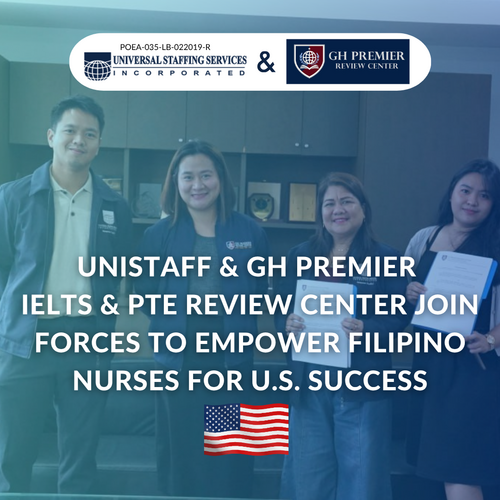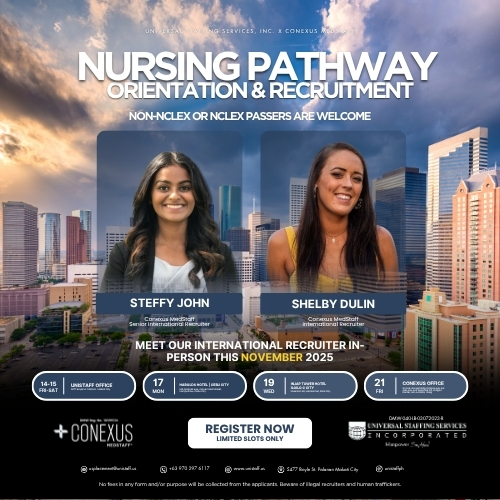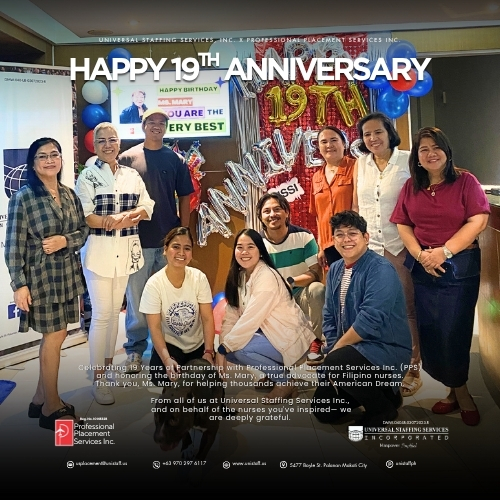Overseas Employment Certificate (OEC): 3 Things to Know

If you are a Filipino seeking to work abroad or you have just been recently hired for a job overseas, you definitely need to learn about the Overseas Employment Certificate (OEC).
All Overseas Filipino Workers (OFWs) go through a series of processes where they complete requirements such as the E-registration, the PEOS, and the PDOS, among others. They also need to secure specific documents before they can leave the country. And one of the most important is the OEC.
Most OFWs, unfortunately, lack essential information about required documents. They often encounter barriers once they’re at the stage where these documents are needed. And they have to go through headaches and hassles, as they scramble to figure out what these documents are and how they could finally secure them so they could comply.
The Philippine Overseas Employment Administration (POEA) has implemented rules and regulations, requiring all OFWs to have proper documents. It can feel a bit overwhelming to collect all these but having these processes and documents in place are meant to protect all OFWs while they are working outside the country.
There’s no need to panic or get confused – we’re here to help. We’ll guide you through the three essentials of the OEC – its purpose, validity period and requirements. So you can get this done as smoothly, as possible.
1. What purpose does the OEC serve?

The POEA requires all OFWs to have an OEC when departing for or returning to their work overseas. Primarily, it serves as an “exit pass.” The OEC is presented to the immigration officer at the airport of exit in the Philippines. The airline staff may ask for it as well, before OFWs are allowed to check in for their flight.
Note: A worker exiting from the Philippines without an OEC may not be allowed to complete their check-in or may be prevented by the immigration officer from leaving the country. It is essential to always make sure that before your departure, this document is with you at all times.
The OEC also benefits OFWs as they get to enjoy the following privileges:
1. Travel tax exemption
2. Airport terminal fee exemption
3. Reduced travel tax for spouse or dependents
Subscribe now to receive informative newsletters just like this one!
2. What is the OEC validity period?

The OEC is valid for 60 days from its issuance date. Thus, if you’re planning to fly out of the Philippines or planning your trip back to the Philippines, your exit must fall within that 60-days period.
Note: If your OEC expires while you’re abroad, you can apply for an OEC from the Philippine Overseas Labor Offices (POLO) at your work destination so that you can return to the Philippines.
3. What are the requirements for securing an OEC?


After complying with the above requirements, simply wait for the office to process your OEC. It’s that simple!
For returning OFWs, you may obtain your OEC online by scheduling an appointment through the Balik-Manggagawa Online Appointment System. Then head to the POEA (if in the Philippines) or to the Philippine Overseas Labor Offices (POLO) of your work destination and submit the required documents. After this, you will be asked to pay the relevant fees before you receive your OEC.
We hope that this helps answers the questions you might have had in mind about the OEC. These requirements might seem tiresome, but they are established to keep you safe. The respective government offices intend to thoroughly protect your rights as a Filipino working abroad. Remember to keep yourself well-informed not only about local procedures and requirements, but also relevant details and essential processes required by your country of destination.
For more information, you may visit the POEA website at www.poea.gov.ph, contact them via e-mail at info@poea.gov.ph, or call 722-11-44 / 722-11-55. The POEA is located at Blas F. Ople Building, Ortigas Avenue, corner EDSA, Mandaluyong, Metro Manila.
Got more questions?
You’re always welcome to ask us anytime! Meanwhile, check out our article about illegal recruiters to know more about the do’s and don’ts of applying abroad.
Take a look at our international job openings, and click below so that our recruitment team can review your CV immediately.
View our job openings and apply now!
Sources:








